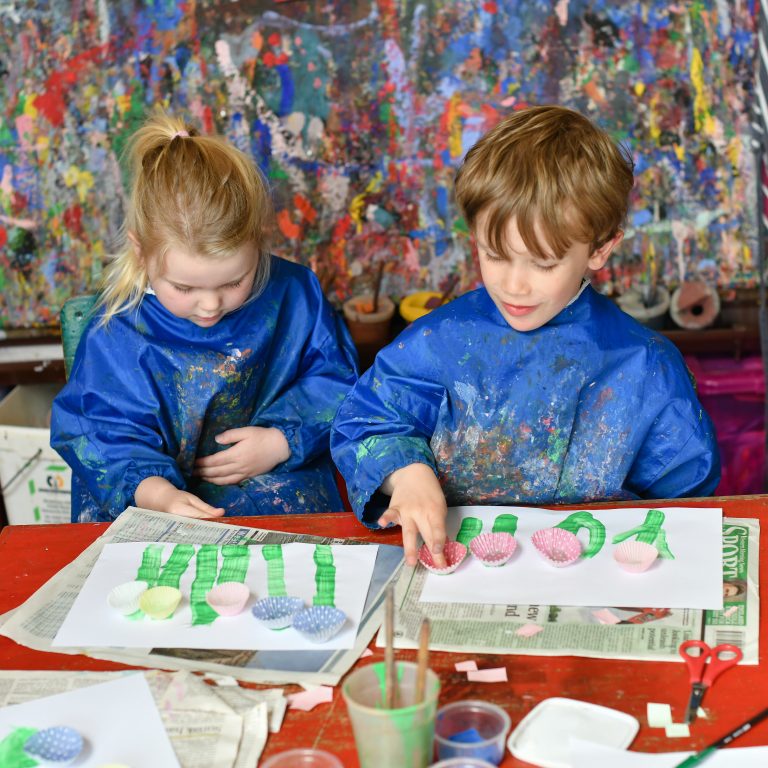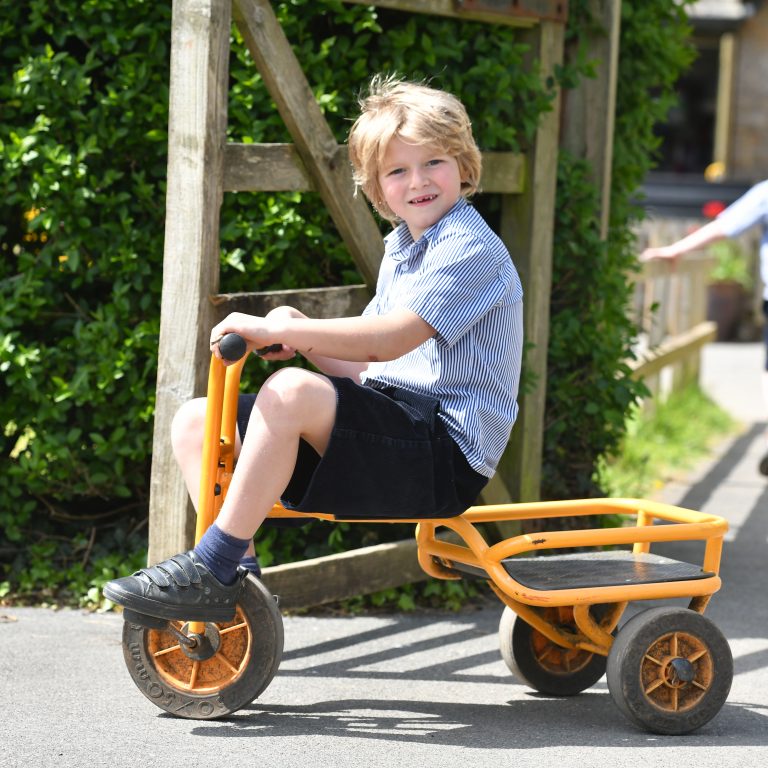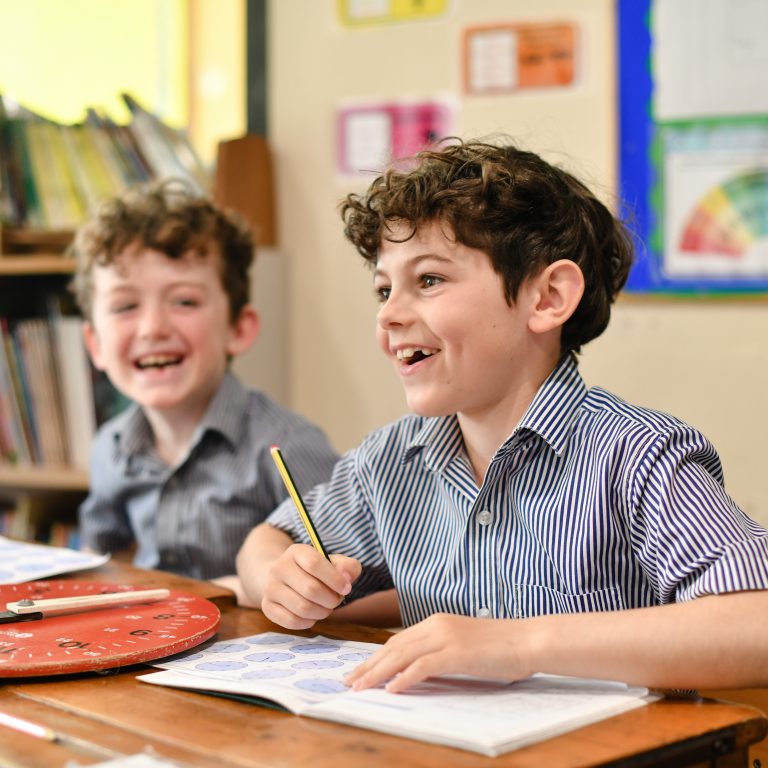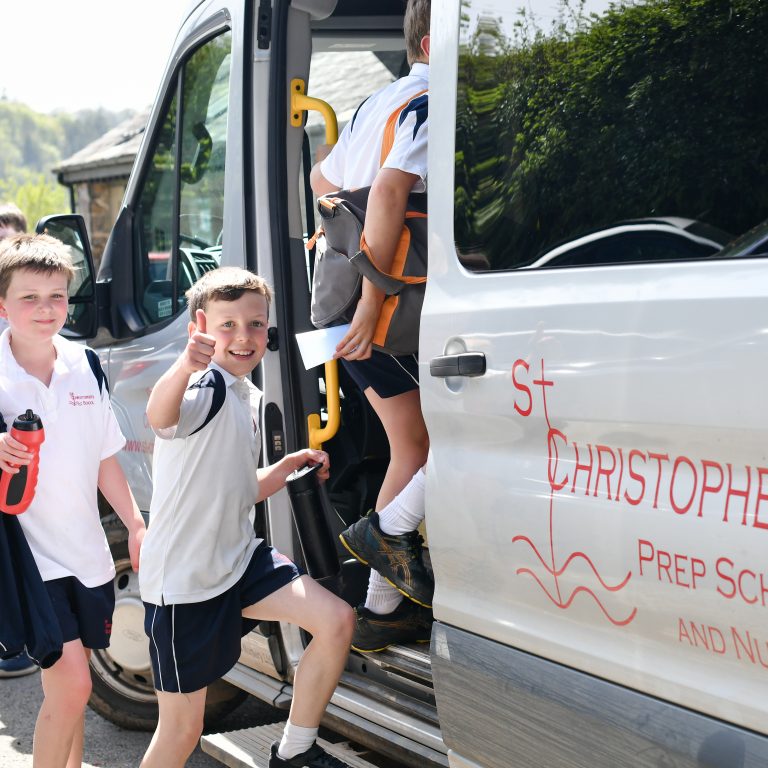The Early Years Curriculum
At St Christopher’s we follow the Early Years curriculum from Nursery through to the end of the Reception Year. In the early years your child will be working towards the Early Learning Goals. ‘There are seven areas of learning and development that shape the educational programme in the early years. All the areas of learning are important and inter-connected. These areas are particularly crucial for igniting children’s curiosity and enthusiasm for learning, and for building their capacity to learn, form relationships and thrive.





